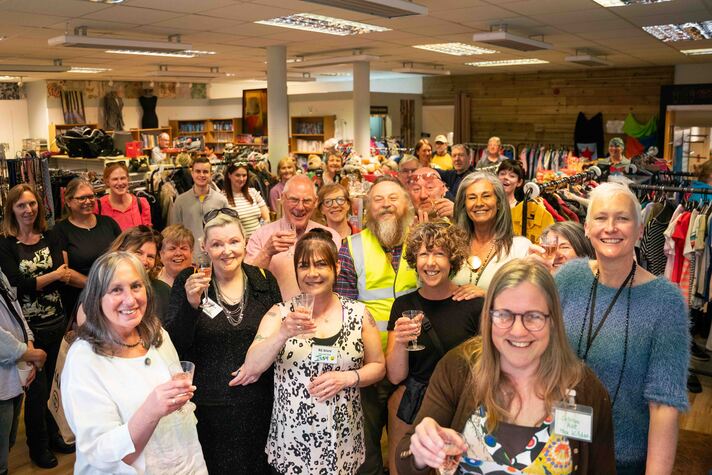Connecting Communities Collective

Proposal code: AP-2025-05-88
Developing and growing the collective of local charities, with a focus on sector collaboration, not competition.
Estimated Price
Not yet known
These are challenging times and resources for charities are getting tighter. We know that outcomes are better when organisations are linked up. We want to further develop the work of the Connecting Communities Collective, a partnership of five local charities in the Oban area, based on the principles of Community Wealth Building.
The Connecting Communities Collective grew out of the understanding that the whole is greater than the sum of its parts; that by working together, essential sector organisations can save resources, share learning, and reach to serve more people in their communities. In response to this, the Collective came together to address the challenges facing organisations regarding resources and capacity for partnership work.
WHY IS THIS NEEDED? Working collectively and in partnership avoids duplication of efforts and means we don’t need to constantly reinvent the wheel. When we work together, we learn from others experiences and provide support to each other. As small and medium, local, rural charities it is difficult to apply for some of the larger grants and government funds has been very hard, historically. By expanding our partnership arrangement to other organisations they can benefit from the funding support that can be achieved through collective funding bids. A structure to share best practice among other charitable organisations and to share resources in a planned and strategic way, can ensure that smaller charities benefit from economies of scale. A united voice could result in more effective change. Barriers for the community to access support and resources would be reduced with more effective communication and holistic support of individuals and families. This could have a positive impact on people’s health and wellbeing, as well as improved community cohesion and a reduction in social isolation. Collaborative working is especially beneficial when accessing hard to reach groups and marginalised communities.
